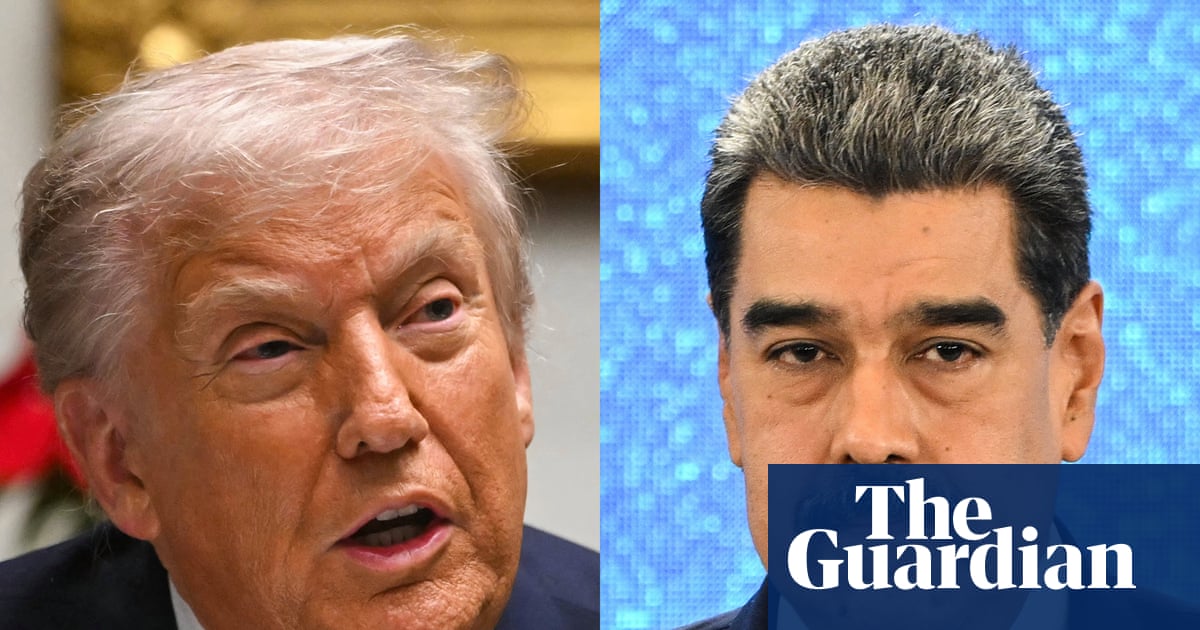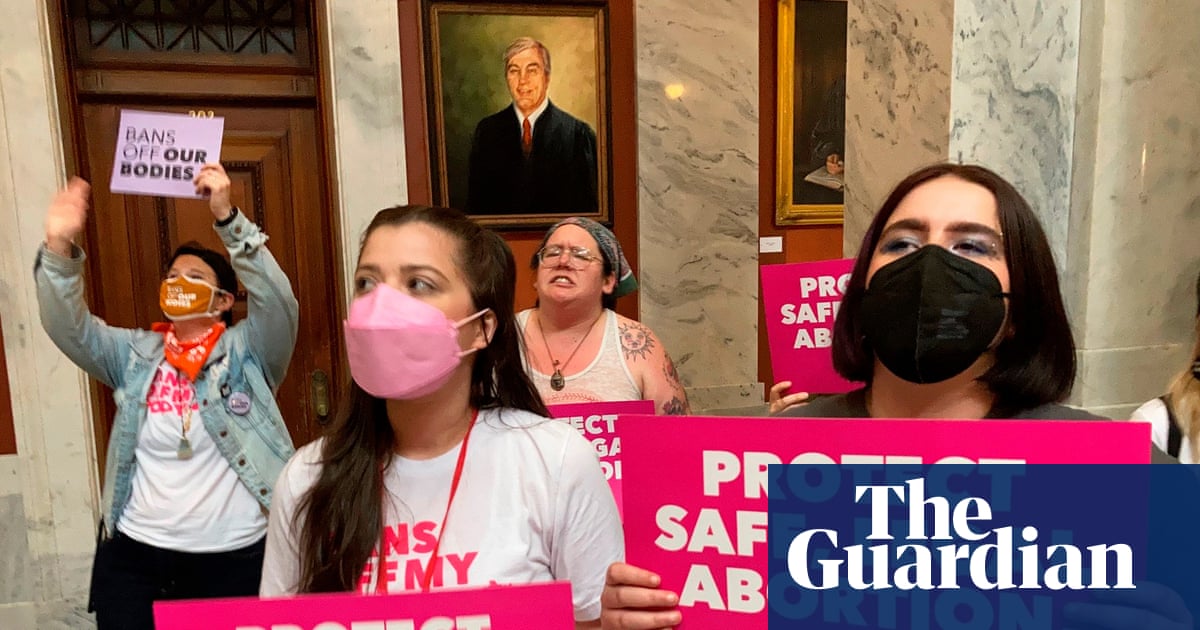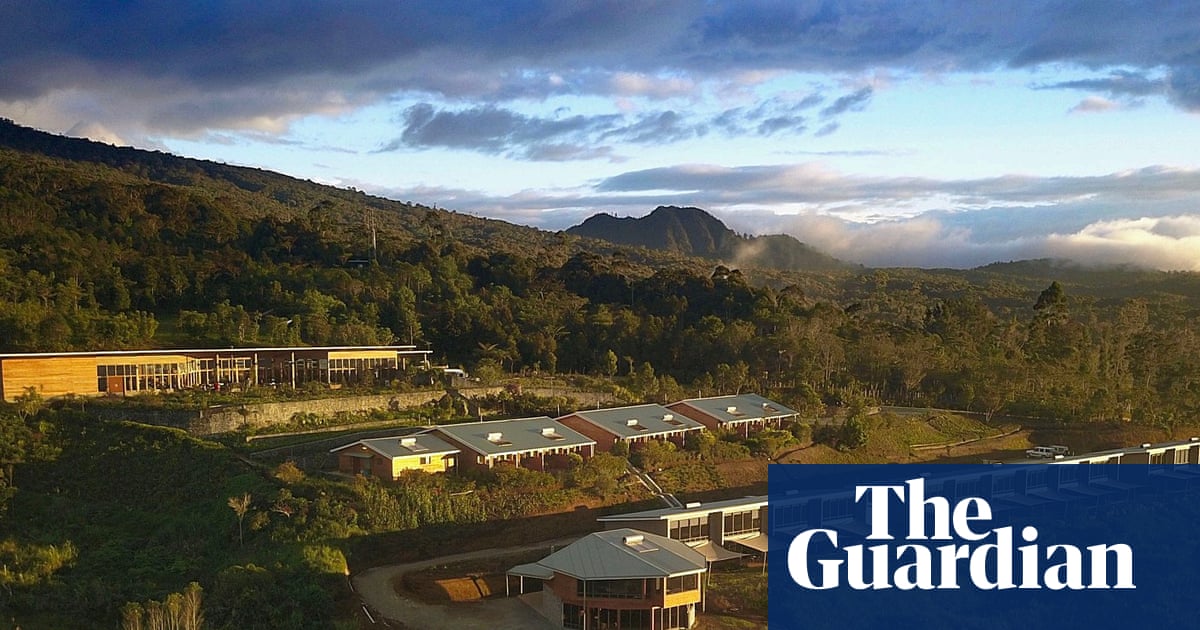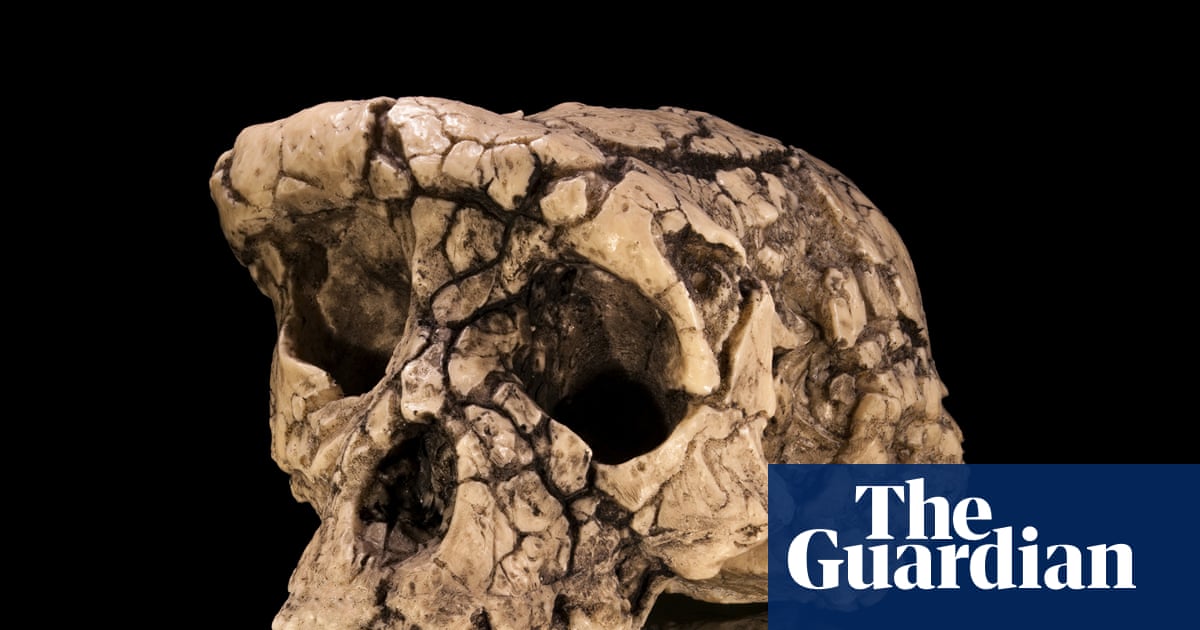At a high-profile global summit held by China this month, there were strong statements directed at the west’s “bullying” as well as renewed calls to stabilise “global governance”. The meeting was the clearest indication yet that China is vying to become a world superpower, aiming to marshal an anti-western bloc. But the foundations of that position partly lie in Africa and the Caribbean, where China has been building relationships for decades.
A stable partner or a trap?
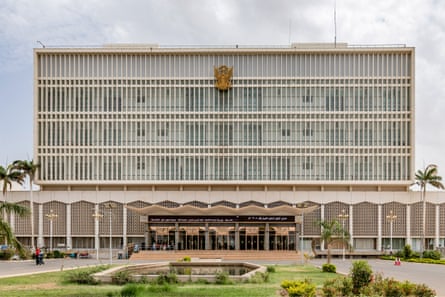
It’s always odd to me to read about China as “rising” on the global stage. It seems a particularly western-centric view of a country that, as far as many Africans are concerned, had risen a long time ago. China’s cultural outreach was a feature of life in 1980s Sudan, where Chinese entertainment was broadcast on the only national TV channel. (I have a childhood recollection of a mesmeric dragon dance that never lost its dazzle, even though it was rebroadcast for years.)
Political delegation trips from China were commonplace. They included school visits and performances at an iconic building named Friendship Hall, a modernist event space on the banks of the River Nile. The venue, built by the Sudanese government in the early 1970s with financial assistance from China, launched the countries’ “friendship”. Its design was led by the then Shanghai Institute of Civic Architecture and it was built with the help of hundreds of Chinese workers.
In hindsight, much of this outreach was political strategy. It was in the midst of the cold war, and China was forging anti-western links and colonial solidarity with newly independent countries. In a huge ramp up of its ambitions, China’s economy liberalised in the 1990s and its investment in Africa and the Caribbean exploded.
During that decade, trade between Africa and China grew by a massive 700%, making it the continent’s largest single trading partner. In the decade after, the 2000s, China became one of the largest trading partners for several Caribbean countries, having been an early aid supporter for Guyana in the 1970s. By the 2010s, trade with China and Caribbean countries went from negligible to almost $10 bn annually.
A glut of Chinese goods

What that looked like on the ground across Africa and the Caribbean was a vast complex of Chinese investment: roads and infrastructure, healthcare facilities, residential compounds, and a glut of Chinese goods. It has long been the norm that Chinese consumer products, particularly domestic, are the default for many of these economies.
I am particularly struck by the mass adoption of Chinese mobile phones in many African countries, where it is rare to find a Samsung or an iPhone outside the ranks of the upper middle classes. Three Chinese phonemakers – Tecno, Infinix and itel – are made only for sale in Africa, and make up half of phone purchases there. Affordable and tailored to the African market (eg with the functionality to use multiple sim cards as users switch between different providers for cheaper bundles), these phones are symbolic of how the Chinese market adapts to target the region.
In some instances, China is settling into the very infrastructure. Over the past decade, it has provided free satellite dishes to thousands of homes in sub-Saharan Africa and, in a throwback to those days of cultural projection, included Chinese content dubbed in local languages in TV subscription packages. The very electricity powering those TVs is also, increasingly, China sourced.
And Chinese solar panels have taken off in Africa, bought by people tired of expensive and unreliable grid electricity. The result is that even in remote and rural areas, solar panels sit on top of modest homes and shops, and in one instance I saw on the Kenyan coast, a braider’s kiosk.
Unmatched domestic influence
after newsletter promotion

But it is in construction where China has really established itself as not just a trading country but a domestic partner. In Khartoum, Sudan, a boom in residential housing in the 00s drew in such a large number of Chinese construction workers that a dedicated housing complex on the outskirts of the city was built. In Nairobi, a gigantic highway completed four years ago and built by the China Road and Bridge Corporation transformed the Kenyan capital overnight, reducing snarling traffic. A similar highway project was built in Jamaica, connecting the north and south. China even built the headquarters of the African Union in Ethiopia. Chances are, in many locations in these regions, if there was a construction project, there were Chinese workers and supervisors in their helmets and hi-vis jackets at the helm.
China’s belt and road initiative, which funds and executes such projects, sprawls across these two regions. The country is involved in everything from affordable housing units in Antigua and Barbuda to luxury apartments in Addis Ababa, Ethiopia. So ubiquitous is China that many of these new skylines are beginning to resemble those of Chinese cities.
An asymmetrical relationship of power?
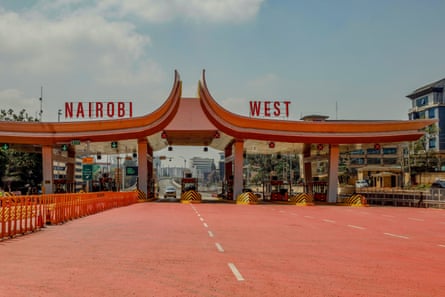
China’s success in cementing these industrial relationships is partly the result of a non-interventionist policy that does not bring with it any colonial or high-handed diktats on domestic politics or society. “China treats Africa as an equal,” said the Rwandan president, Paul Kagame, last year, adding that the relationship was “based as much on mutual respect as on mutual interests”.
There is also the sort of regime and policy continuity that comes from being a one-party state. The sudden dismantling of USAID under the second Donald Trump administration, and how it left many African and Caribbean projects in the lurch, is a vivid example of how ideology and competing domestic forces can have an impact on foreign partners.
But China’s attitude, deferential as it may be in terms of politics, is still accused of being exploitative. China’s epic economic ties are not purely for the accumulation of soft power. There is real benefit to China, as it can leverage the debt it extends to countries to build megaprojects, then gain control of strategic assets, expand into extracting raw materials, and trap countries in debt.
Ultimately, China is transacting with poorer countries in an asymmetrical relationship of power. But as the US withdraws ever further from the world, the entrenchment of China in parts of it suddenly starts to look like a very large footprint. Whatever political era comes next for China on the world stage, it was built in the cities and villages of Africa and the Caribbean.

 3 months ago
110
3 months ago
110
